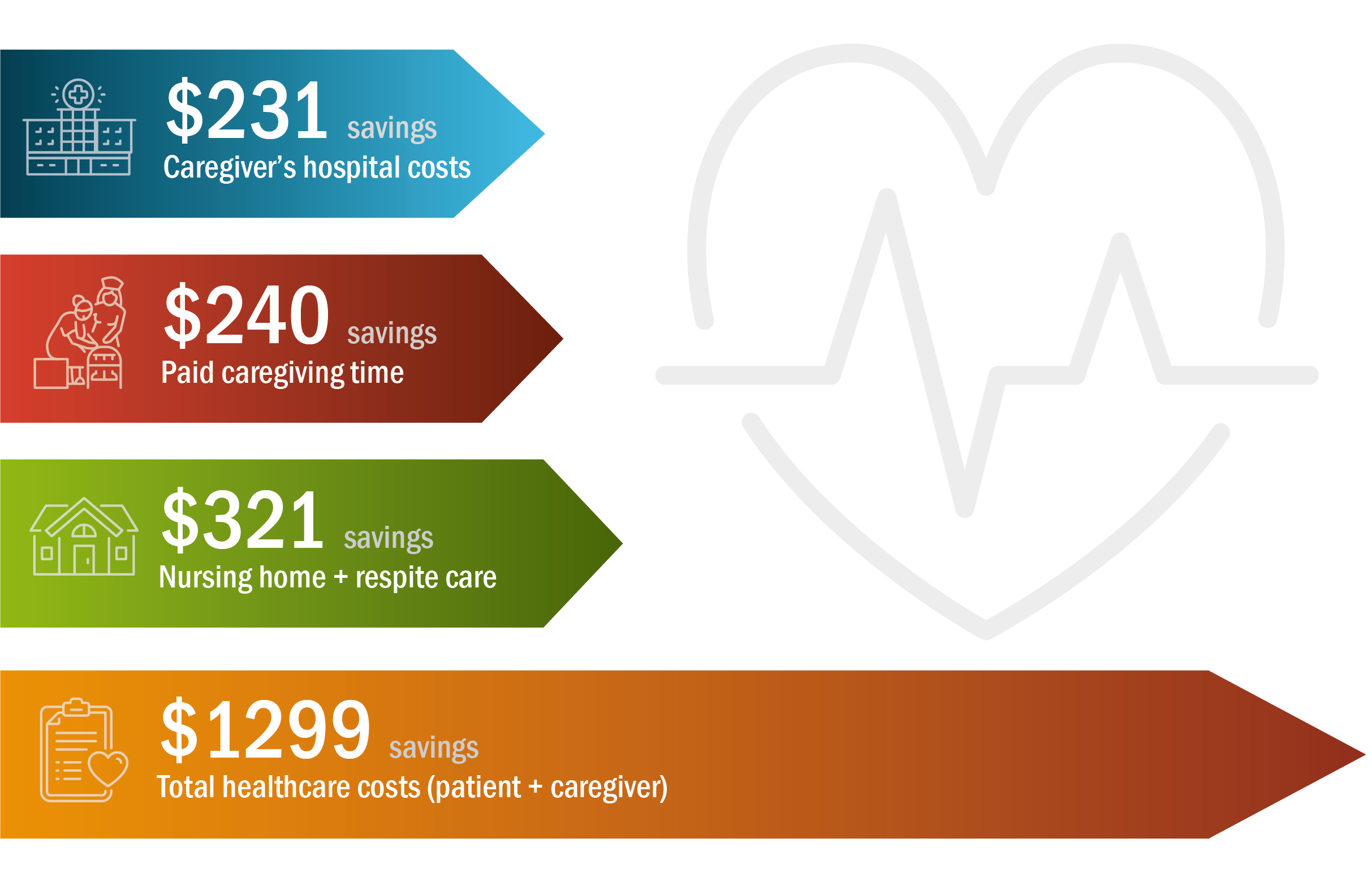


Requirements
and Restrictions
Learning Work?
or Live Event
Online Tailored Activities Program (TAP) Training for Occupational Therapists

New Ways for Better Days: Tailoring Activities for Persons with Dementia and Caregivers (TAP) is an individualized, family-centric program. It provides occupational therapists with a tailored activities program for people living with dementia and their caregivers. This tailored activities program is designed to align with individual abilities and interests and trains caregivers (formal and informal) in use of activities as part of daily care routines. The program is currently in use throughout the United States and in other countries including Brazil, Scotland, England, Australia, Hong Kong, and Chile.
Tailored Activities Program Development Training Features
TRAINING FORMAT
- Completion of six, 50-minute online learning modules
- Completion of reading materials (manuals, select articles)
- Participation in up to a 2-hour (virtual) webinar training
- Up to three coaching calls
- Review of assessment reports and activity prescriptions for up to three cases
- Access to manuals, forms, and chat rooms to share cases
PROGRAM OUTCOMES
The program has been shown in randomized trials to:
- Improve quality of life of persons living with dementia
- Reduce behavioral symptoms
- Reduce caregiver time providing care
- Improve caregiver engagement and sense of efficacy and overall wellbeing
Who is Eligible for the Tailored Activities Training Program?
Occupational Therapists (OTs) and other health professionals (who work closely with or are supervised by OTs) working in home care, community-based programs (adult day services), hospitals, and long-term care facilities are all eligible for this program.
Tailored Activities Program Online Training Certificate
- MODULE 1: TAP OVERVIEW
TAP is designed to help persons living with dementia re-engage in daily life and by doing so prevent, reduce, and manage behavioral symptoms and functional dependence that are the hallmark of dementia. - MODULE 2: THE ASSESSMENT PHASE
Assessment is the integral first step in evaluating the person with dementia, caregiver, and environment so that meaningful tailored activities can be developed. Over the course of this module, we’ll introduce you to a variety of tools and measures you can use to start evaluating the person living with dementia, and their caregivers. - MODULE 3: BRAINSTORMING & ACTIVITY PLANNING
Learn "Brainstorming," a key component of developing tailored activities. This module will provide some background on best methods and tips for brainstorming and provide several examples and opportunities to try brainstorming yourself. - MODULE 4: INTRODUCING AND IMPLEMENTING ACTIVITY PRESCRIPTIONS
Use TAP principles to develop activity prescriptions for the caregiver and the person with dementia and how to implement an activity prescription effectively. This module will continue to focus on ways to gain buy-in from caregivers, demonstrate activities to caregivers, and provide strategies for responding to feedback from the person with dementia as they engage (or don’t engage) in activities. - MODULE 5: GENERALIZATION
Learn how to teach the caregiver how to modify activity prescriptions as the disease progresses and how to apply the principles learned to problem solve additional care challenges, even after they’ve completed TAP. - MODULE 6: TYING IT TOGETHER
In this final module, best practices, and tips are provided and specific challenges of implementing the program are reviewed.
Frequently Asked Questions
What is the New Ways for Better Days Program?
This program, also referred to as the Tailored Activity Program (TAP), is designed to prevent, reduce or manage common behavioral and psychological symptoms of dementia, enhance the quality of life of people with dementia, minimize time spent in caregiving, and improve well-being of family caregivers. It is an individualized, family-centered approach for individuals at the mild, moderate, or moderate severe stage of the disease of any etiology who are experiencing behavioral and psychological symptoms.
The program provides a comprehensive assessment of the person with dementia including their preserved abilities and intrinsic interests from which activities are selected and tailored to cognitive and functional profiles, and caregivers are trained in their use as part of daily care routines. The program helps people with dementia reengage in meaningful ways in their environment to provide quality of life.
Why is a tailored activities program important?
In comparison to a control group, TAP resulted in significant cost savings in hospital, caregiver time, nursing home, respite care, and other fees:*
*Figures are per participant per month based on a 6-month study
Is the program evidence-based?
Yes. The program has been tested in several randomized trials. Studies consistently show reductions in behavioral symptoms, time spent in caregiving, and improvements in wellbeing of persons with dementia and caregivers. On-going evaluation of the program continues.
In what settings can the program be implemented?
- Home Care
- Community-Based Programs (Adult Day Services)
- Long-Term Care Facilities
- Assisted Living Facilities
- Hospitals
- Nursing Homes
Who can provide the program?
Occupational therapists and other health and human service professionals who can consult with an occupational therapist can be trained in the program.
Is training in the program required?
Yes. Training is required to obtain a certification of completion and a license in order to deliver the program as it is intended.
How much does training cost?
Costs vary based on country, number of individuals trained from an agency/clinical setting. The cost for an individual U.S citizen is US $1,595. If you are an agency, health care organization, group, or living in a country other than the U.S., then please contact us for more information and group rates.
Is there a license agreement and fee?
- Cost of training includes the initial license fee
- After two years, renewal of license is required ($100) to enable continued use, access to updated manuals, and access to chat room of program users
- License agreement can reside with an agency or individual trainee
Questions? We're Here to Help!
To request more information, please email tap@drexel.edu.

© All Rights Reserved
